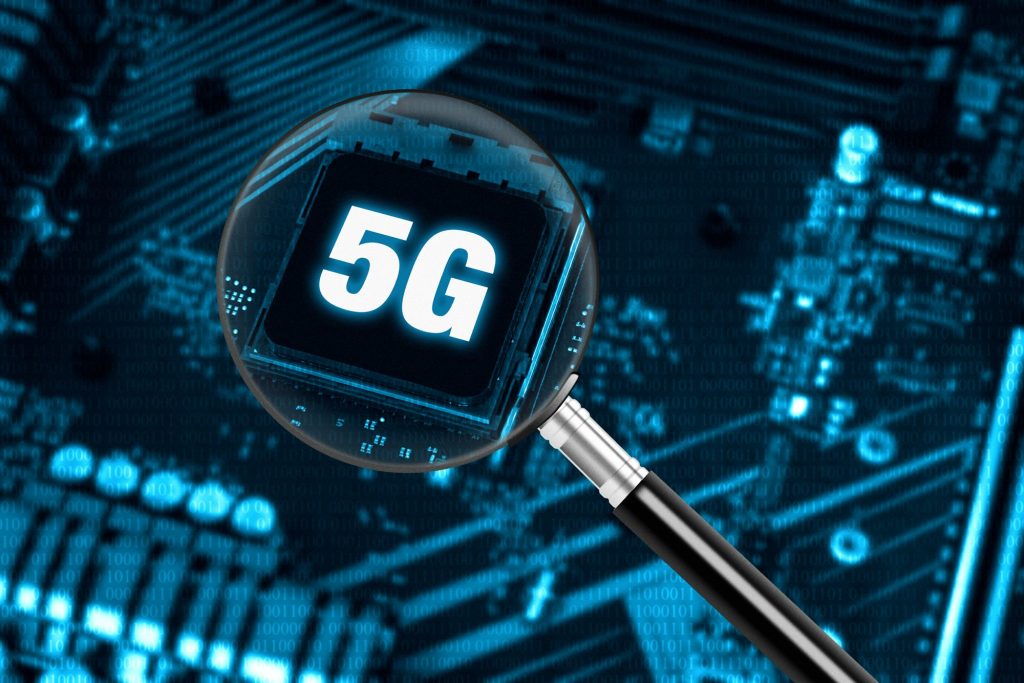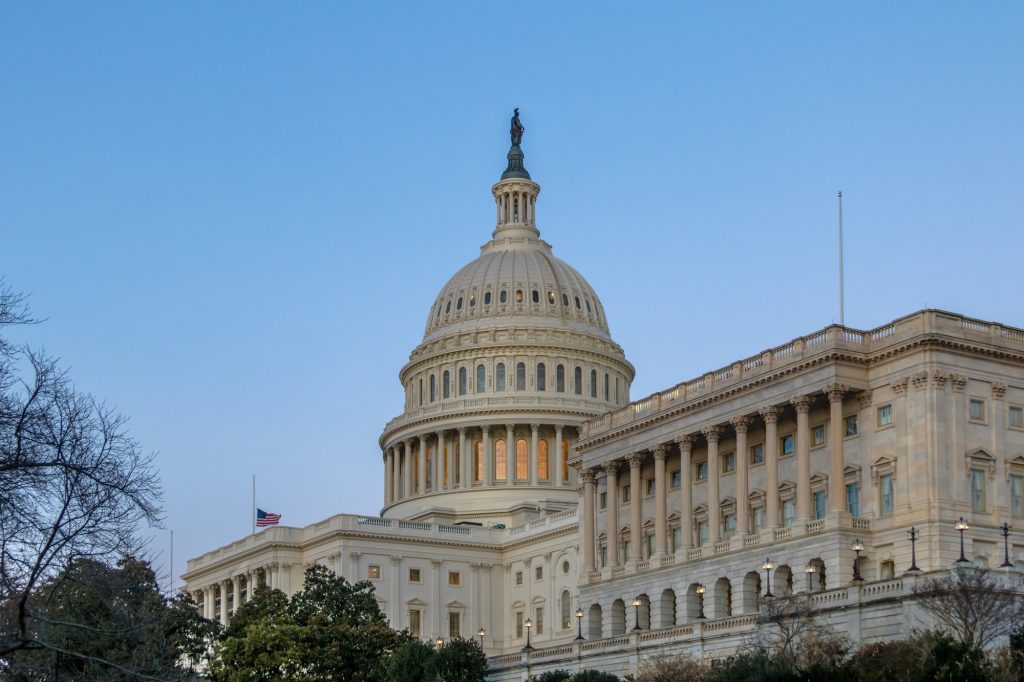LPTV Spectrum Proposed for 5G Broadcast Signals

HC2 Broadcasting Holdings has requested that the FCC grant Low Power Television (LPTV) stations permission to transmit a 5G signal to their service areas, which will be received by compatible […]
NTIA Nominee Roth Commits to BEAD Amidst Uncertainty Over the Program

Expanding broadband access to unserved communities is one of the “most pressing tasks ahead,” Arielle Roth, nominee to head the NTIA, said in testimony, March 27, before the U.S. Senate […]
FCC Musters Its Authorities With New Council to Counter Foreign Threats

The council will draw representatives from eight FCC bureaus and offices to promote cross-agency collaboration and information-sharing.
Passage of Spectrum Pipeline Bill Cast as Critical to Competition with China

“The battle between government users trying to keep control of their spectrum versus commercial players trying to take it away is boiling over, spilling into the political arena for a resolution.” — Michael Powell, president & CEO of NCTA, the Internet and Television Association
Experts Predict BEAD, USF Reforms in 2025

Headline: Broadband experts McDowell, Olsen predict BEAD, USF reforms under Trump.Article: Telecom policy is destined to see some changes in 2025, communications policy experts said Wednesday. Robert M. McDowell and Caroline Boothe […]
President Trump Signs Orders on Permitting, Regulatory Freeze

Headline: NTIA has already been working to streamline permits for programs under the broadband infrastructure law.Article: One his first day back in office as president, Donald Trump signed a flurry of executive […]
WIA Calls for a Nationwide Framework for Broadband Permitting

The FCC under the Trump administration is expected to be much more amenable to deregulation than in the past. In testimony before Congress in 2023, incoming FCC Chairman Brendan Carr applauded previous legislative attempts to streamline and accelerate broadband infrastructure builds.
FCC’s Cybersecurity Proposals Put Broadband ISPs in the Hot Seat

The Federal Communications Commission (FCC) has introduced new cybersecurity measures aimed at safeguarding the nation’s telecommunications infrastructure following high-profile attacks by the Chinese hacking group Salt Typhoon. While the rules aim to bolster security, broadband ISPs—critical to the nation’s connectivity—face mounting challenges, particularly smaller providers with limited resources. Experts say the stakes are too high to ignore, as the industry grapples with escalating costs and tighter oversight.
